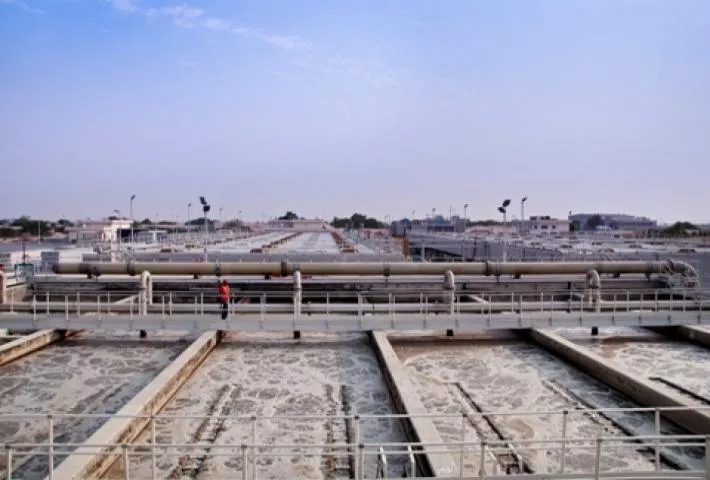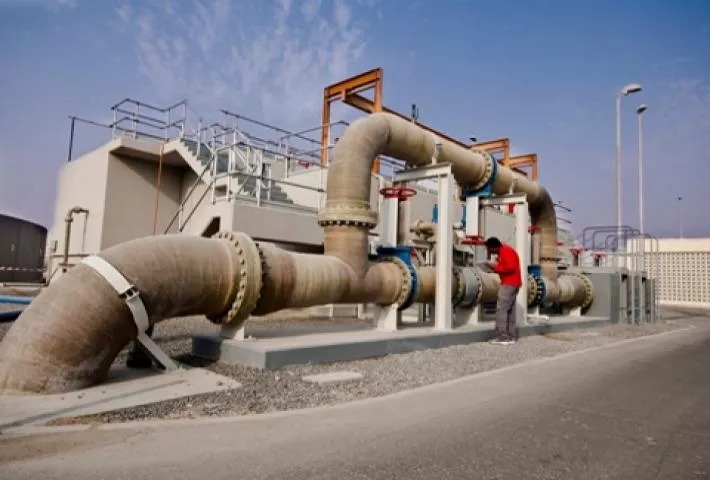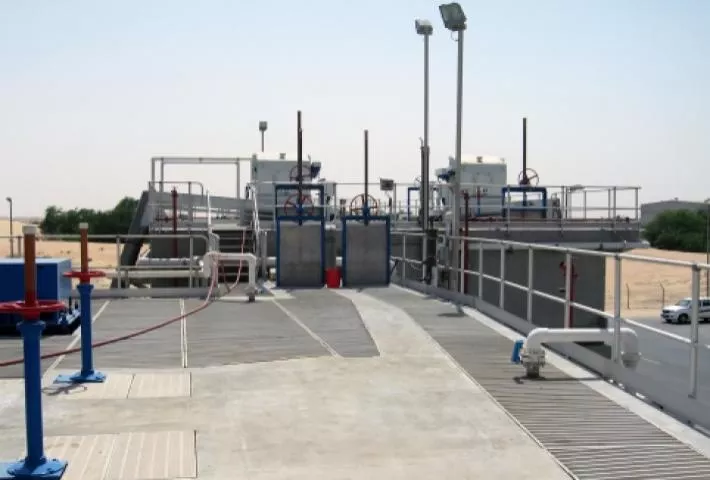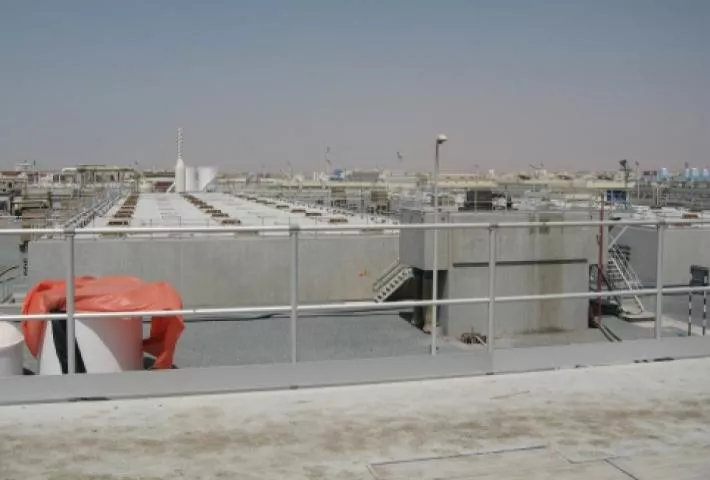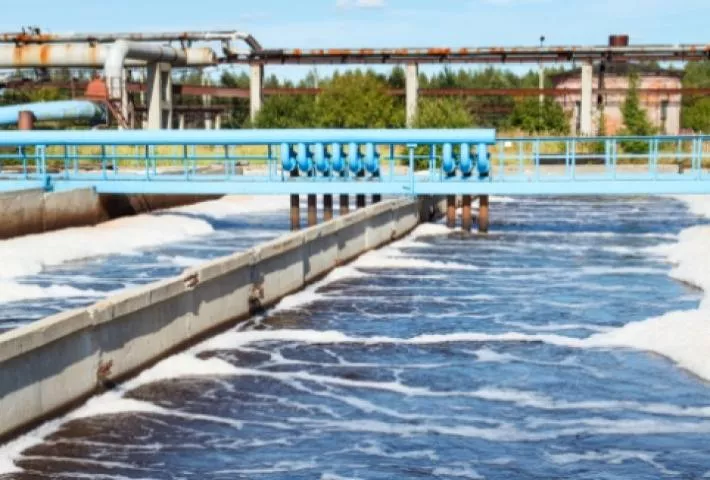Ajman Sewerage Project Sludge Valorization Feasibility Study
Problem Overview
The United Arab Emirates (UAE) has set a zero waste to landfill goal by 2020. With an ever-increasing population and massive economic development projects underway, an important challenge facing the country in the next decade is managing the steady increase of biosolids requiring safe disposal. The potential value of sewage sludge as soil conditioner and a source of important plant nutrients has further increased the interest in turning waste into alternative forms of energy to reduce the carbon footprint. Environmental and human health issues that arise from the handling of sewage effluents have led to global regulations and standards to make disposal safe for people and the environment. Hence, the strategic vision behind waste management of the Abu Dhabi, Dubai, Sharjah and Ajman emirates is to achieve excellence through integrated and sustainable waste management practices.
Project Description
Provide an overview and evaluation of the current state of sewage sludge management and production in the Emirate of Ajman. Specifically, carry out a Sludge Valorization Feasibility Study and propose a comprehensive road map for proper utilization of sludge produced after treatment of wastewater in Ajman. This project directly supports the vision of the United Arab Emirates in general and the emirate of Ajman, in particular in reducing waste and achieving sustainability and a zero waste environment that does not require landfill disposal.
Research Innovation Theme
Assessment of Natural Resources in Marginal Environments
Project SDGs
SDG 6: Clean water and sanitation
Downloadable files
Duration
January 2013 - January 2014
Project Lead
Project Region
Near East and North Africa
Project Countries
United Arab Emirates
Partner(s)
- Ajman Sewerage Company (ASPCL)
- Department of Public Work and Services- Ras Al Khaima
- Ministry of Environment and Water of the UAE
- Regulatory and Supervision Bureau – Abu Dhabi
- Abu Dhabi Sewage Services Company
- Municipality of Dubai
- Municipality of Sharjah











